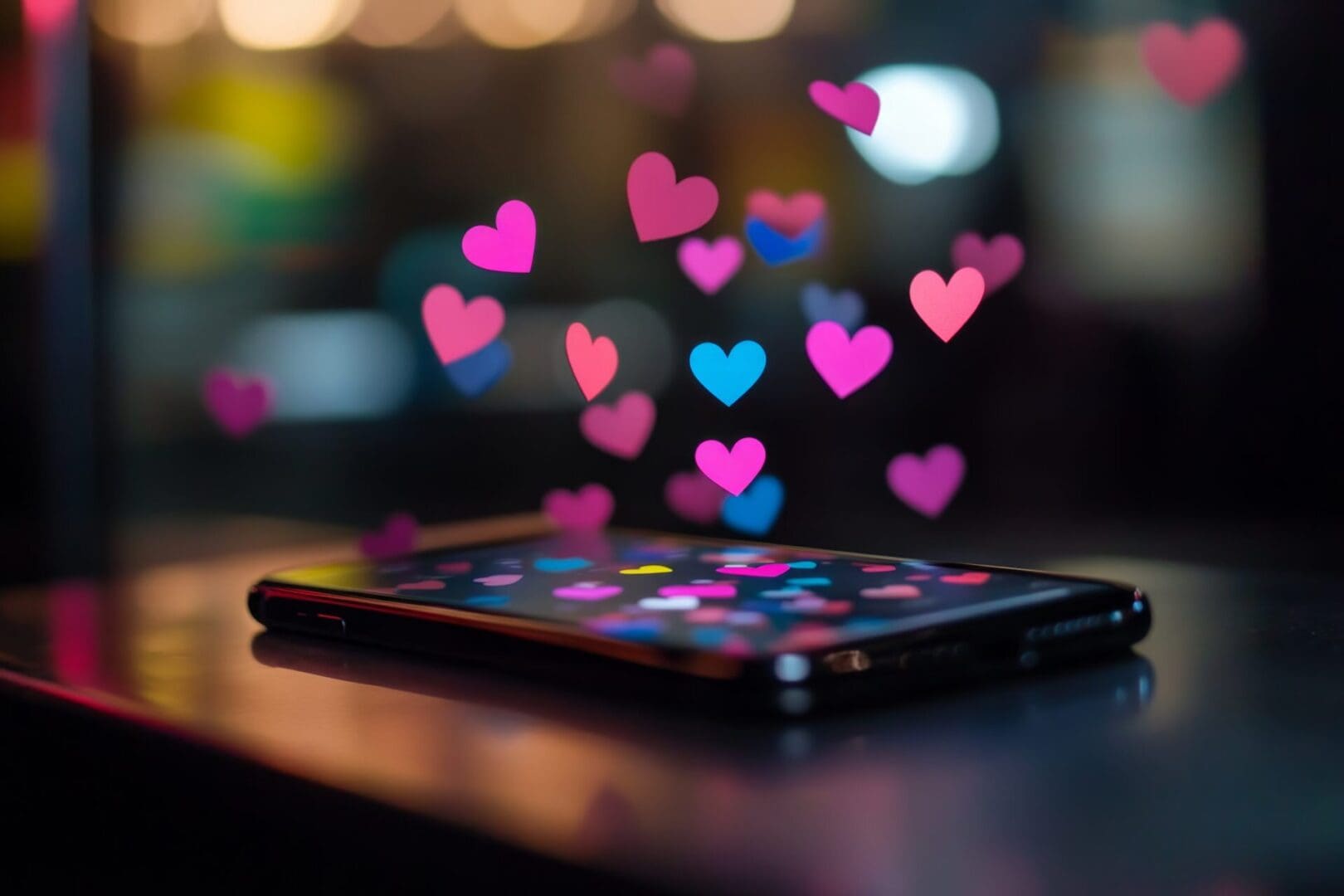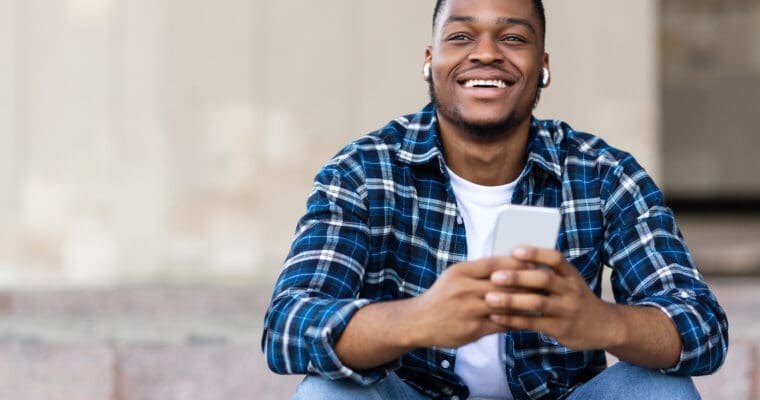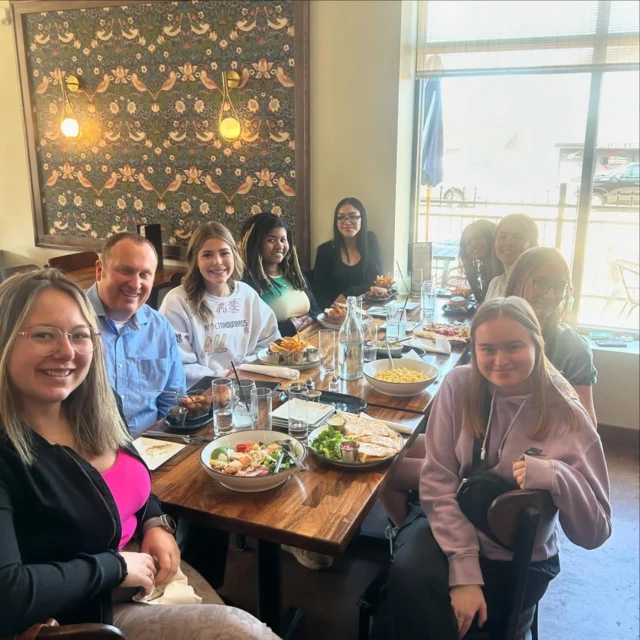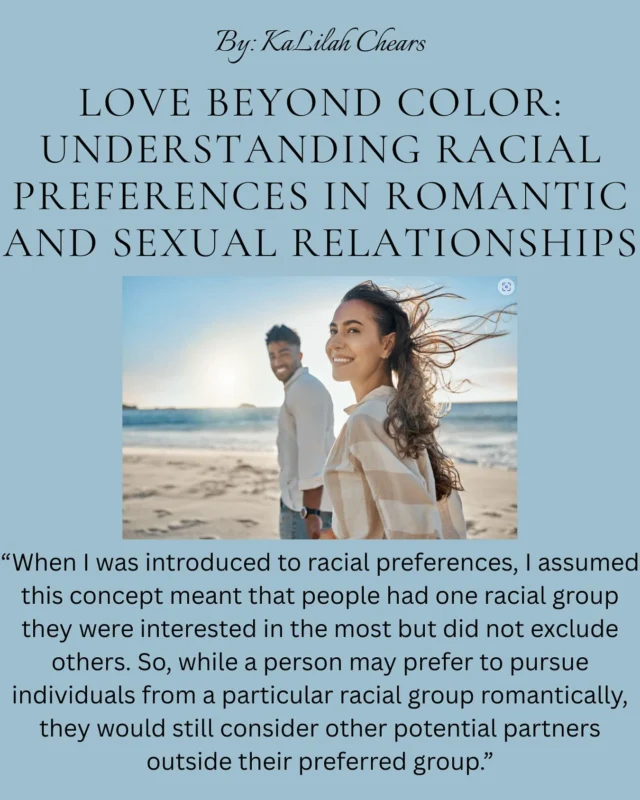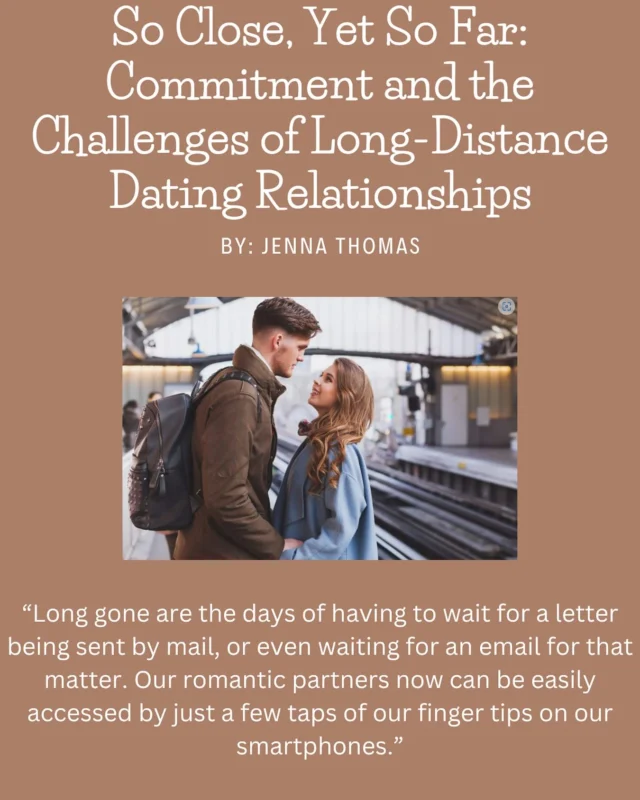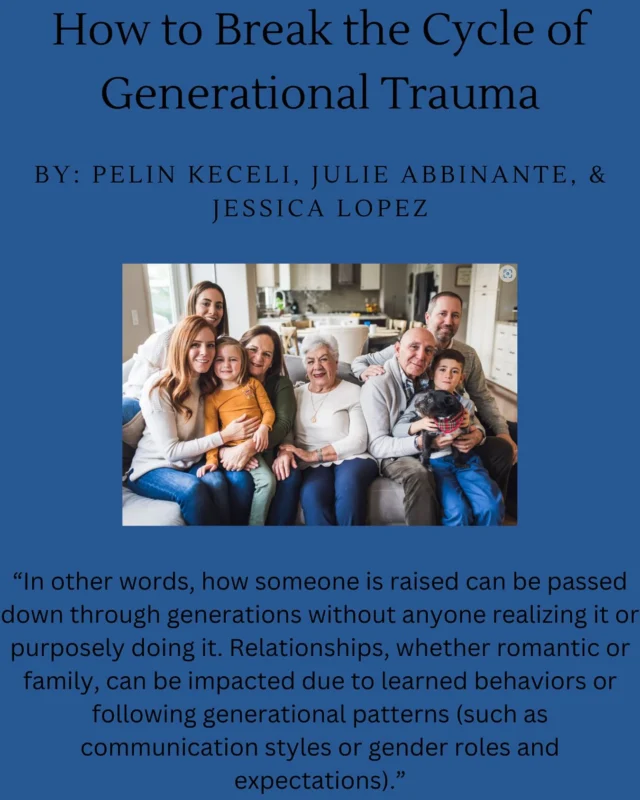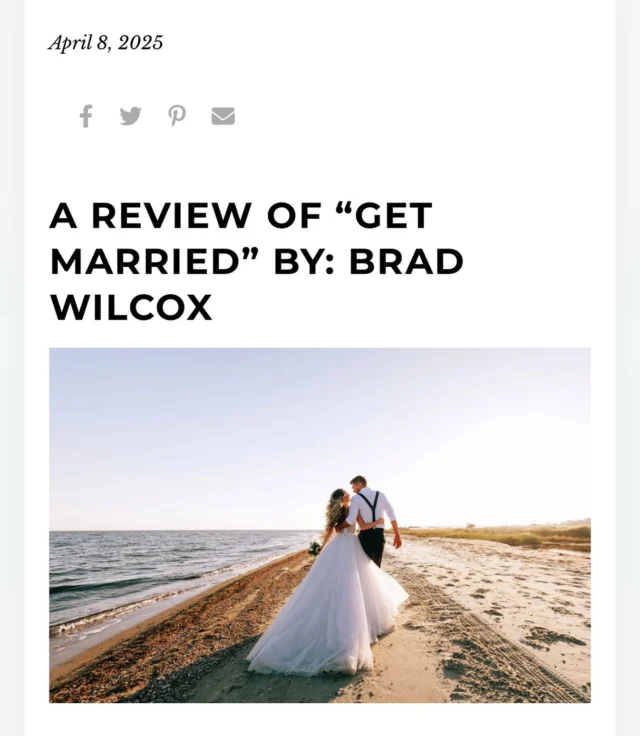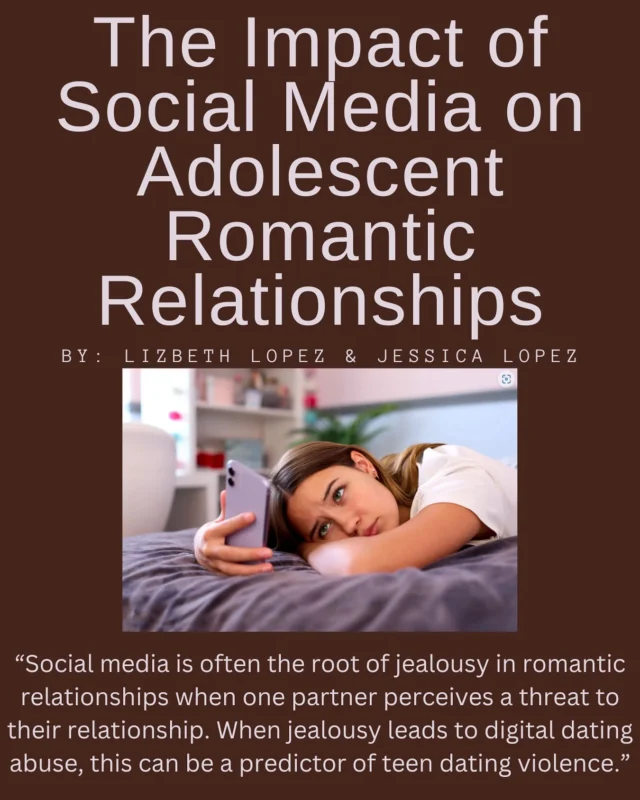Teens in the U.S. spend on average 4.8 hours a day on social media, and 87% of that time is spent on YouTube, TikTok, and Instagram. Besides posting memes and watching the most recent viral video, young people are also using their time on social media to form relationships. Previously on this blog we have written about the impact social media is having on adolescent romantic relationships. Research indicates that social media use can also lead to a lot of social comparison, which in turn can be detrimental to our mental health (Ahmad et al., 2024). There are a number of ways that social media comparison can harm us. Unintentionally, we do this while, and sometimes even apply it to, forming new relationships. “I want my future partner to look like that.” “I want the love that they have.” “Do you think they’re single?” Post after post, we are sucked into this false reality of social media, fantasizing about what we want for ourselves. Ever since social media has entered the dating scene, it has changed the game for forming new relationships greatly.
A false reality means this is a bad thing, right? Because social media is full of unrealistic expectations and catfishing waiting to catch you off guard? Or is it beneficial to have social media in play when trying to find someone to love? You can meet new people, feel more comfortable being vulnerable behind screens, and even achieve that long-distance relationship that once seemed impossible. If one thing is for sure, it is that social media has greatly impacted the dating world, but in the end, it’s about how you let it affect your personal relationship formation that must take precedence.
Positive Impact of Social Media on Relationships
Social media can enhance current relationships or even create new relationships that may not be formed any other way. There are so many reasons why a person has a hard time staying within relationships or even finding one to start with, and social media has actually increased their odds at finding love. So many couples struggle to maintain their relationship based on factors out of their control such as long-distance or even mental health issues. Social media has made it so that people can meet others without even having to leave the comfort of their home. Starting something new such as a romantic relationship can be very overwhelming and scary to do. Social media gives you the space to say as much, or as little, as you want feeling less judgement than you would receive in a face-to-face interaction.
Social media allows you to communicate with people from all over the world, and many couples are formed from long distances, rather than being in close proximity. According to the Pew Research Center, approximately 42% of U.S. adults say that online dating has made the search for a long-term partner easier (Vogels, 2023). Instead of worrying about a lack of communication between your partner and yourself, these couples can interact with one another from all over the world and still feel just as close. As explained by Every Relationship (2024):
“Through the constant communication facilitated by various platforms, partners are able to feel more present in each other’s daily lives despite physical distance.”
If it wasn’t for social media, I personally would have never found my partner. I suffer from severe social anxiety and cannot force myself out of my comfort zone without completely shutting down. In 2020, when the world shut down due to COVID-19, I downloaded the app Snapchat for the first time and gave it a try. Although this isn’t a dating app, I now had this connection to others where we could talk without that face-to-face interaction; differently from a comment thread on Facebook or Instagram. I remember a guy I thought was sweet adding me, and about a week later I built up the courage to message him. What was there to lose? Everyone was stuck at home, and I wouldn’t have to see him in person for who knew how long.
With everyone in lockdown, you would think it would be hard to connect with people, let alone meet someone new. However, COVID was the perfect time for me to feel comfortable being more vulnerable and take that chance through social media. I truly got to know who my partner was before jumping into anything, simply because all we could do was talk. Three plus years later, and he’s my biggest supporter. We respect each other’s comfort levels and have decided how we want social media to influence our relationship, not the other way around. In the end, that is what it is all truly about.
Negative Impact of Social Media on Relationships
Although there are many positives of social media use, unfortunately for many people social media can have a negative impact of their relationships. The use of these social media apps allows individuals to see their ideal person laid out right in front of them, without giving them any kind of background information about the reality of the images. Many then go on in search for “Mr. Right” and end up dissatisfied with their findings, “an increase in Instagram usage led to a decrease in relationship satisfaction and an increase in conflict and negative outcomes” (Jarai, 2023). Social media is meant to look picture perfect to the eye, but you cannot let it impact your thoughts of an ideal person or type of relationship you want to be in.
With the birth of artificial intelligence, AI, this only adds another element to the table. AI is fueling the false reality by creating an infinite number of “perfect” fake people who look flawless and behave like you’d see only in your dreams. Many partners are left feeling unsatisfied with their relationship because of this made up “distorted beliefs and perceptions about relationships and sexuality” (Brower, 2023). This may come as a surprise, but many individuals actually have relationships with AI generated people. Instead of meeting someone real, people are finding comfort with “dating” an AI generated person who can be shaped and sculpted however they want. According to a recent survey by Dating Advice, 15.43% of Gen Z respondents fear that their partner might prefer an AI companion over them, compared to just 7.33% of millennials (Brooks, 2025). The rise of AI has led to many couples worrying about their partner’s desires that they cannot provide, leaving single individuals even more afraid to even try.
What once was enough for a person based on their own imagination, is now clouded with ideas of how a person must behave romantically or sexually based on what has been observed through pornographic websites. The sex must be a certain way, include certain elements, or even involve more than one person at a time. The simple pleasure of people making love, which is supposed to connect two people on a deeper level, is now a battlefield to prove you know enough of what’s trending within the bedroom. When new relationships are forming, the added pressure of performing correctly in bed has elevated tremendously due to social medias influence, as if it was not already a worry for most couples (e.g., Baldwin-White& Gower, 2023).
It may seem embarrassing to admit that you use a dating app or two while trying to form a romantic relationship, however, anyone you “match” with is clearly in the exact same boat as you are. Plenty of relationships have lasted long-term that started on a dating app through instant messaging. According to the Forbes Health Poll taken in August of 2023, out of 5,000 individuals asked, 70% reported finding love through the app alone (Booth, 2024). Not every person on every single dating app was included in this survey, yet 5,000 were and that alone is a huge number; plus, the fact that 70% found it successful is huge. With all of the uncertainties surrounding dating apps, below are some common myths about online dating as discussed in a research study by Blackhart et al. (2014):
- Everyone is not who they say they are; catfishing
- Dating apps means you are desperate to find love
- Online relationships don’t work out
- Match-making algorithms work better than old-fashioned searching for someone
Thoughtfully Utilizing Social Media
Social media can present itself as a precarious platform when trying to form new relationships, especially romantic ones. However, social media can be a powerful way to communicate and even find people you can be compatible with. Although it can be scary trying to find love for the first time or after ending a previous relationship, through social media you can start to learn things about another person before even interacting with them. Based on what someone has posted, it can intrigue another person to want to get to know them more. It could be a picture they find attractive, a quote they felt touched by, or even a mutual friend they connect with.
Even though we pick and choose what is posted on our social media pages, everyone’s account is unique to them and tells some story to the public. As a explained in a 2018 research study by Spencer Christensen: “In these online profiles, social media users express certain elements of themselves that they want others to see.” When trying to find love, people have a tendency of crafting a profile that they believe others will find attractive. You do not walk into a first date sharing every traumatic incident you’ve lived through, or deviant acts you’ve committed. A social media page is just like that; it is a space where you show off the best parts of your life and the moments you felt the most comfortable in. This alone can give a person an idea of the kind of person you are before they even get to know you.
Be thoughtful in the way you interact with others on social media and they ways in which you utilize the various platforms. Ultimately you get decide how you are portrayed to others, but if you are looking to develop healthy emotional connections have the courage to be genuine and authentic. You might even find love and your future romantic partner through social media. As you are forming relationships carefully consider where the relationship is headed and how you can do your part.
References
- Ahmad, R., Hassan, S., Ghazali, N. N., & Al-Mashadani, A. R. F. S. (2024). The insta-comparison game: The relationship between social media use, social comparison, and depression. Procedia Computer Science, 234, 1053–1060.
- Andrade, F. C., Erwin, S., Burnell, K., Jackson, J., Storch, M., Nicholas, J., & Zucker, N. (2023). Intervening on social Comparisons on social media: Electronic daily diary pilot study. JMIR Mental Health, 10, e42024.
- Baldwin-White, A., & Gower, K. (2023). Influence of social media on how college students perceive healthy relationships and consent. Journal of American College Health, 71(4), 1301–1309.
- Blackhart, G. C., Fitzpatrick, J., & Williamson, J. (2014). Dispositional factors predicting use of online dating sites and behaviors related to online dating. Computers in Human Behavior, 33, 113–118.
- Booth, J. (2024, July 23). Dating statistics and facts in 2025. Forbes.
- Brower, N. (2023, December 14). Effects of pornography on relationships. USU.
- Christensen, S. P. (2018, June 1). Social Media Use and its Impact on Relationships and Emotions. BYU Scholars Archive.
- DeAngelis, T. (2024, April 1). Teens are spending nearly 5 hours daily on social media. here are the mental health outcomes. Monitor on Psychology.
- Ferguson, S. (2022, August 8). Is social media toxic or healthy for relationships?. Psych Central.
- Jarai, M. (2023, February 15). How does social media affect relationships?. Medical News Today.
- Nosta, J. (2024, June 4). How Artificial Intelligence is Reshaping Relationships “AI, I Think I Love You.” Psychology Today.
- Sarah, S. (2024, February 6). How social media affects long-distance connections. Everyday Relationship.
- Seidman, G. (2014, December 7). 4 myths about online dating, exposed. Psychology Today.
- Vogels, E. A., & McClain, C. (2023, February 2). Key findings about online dating in the U.S. Pew Research Center.
Discover more from Decide To Commit
Subscribe to get the latest posts sent to your email.

